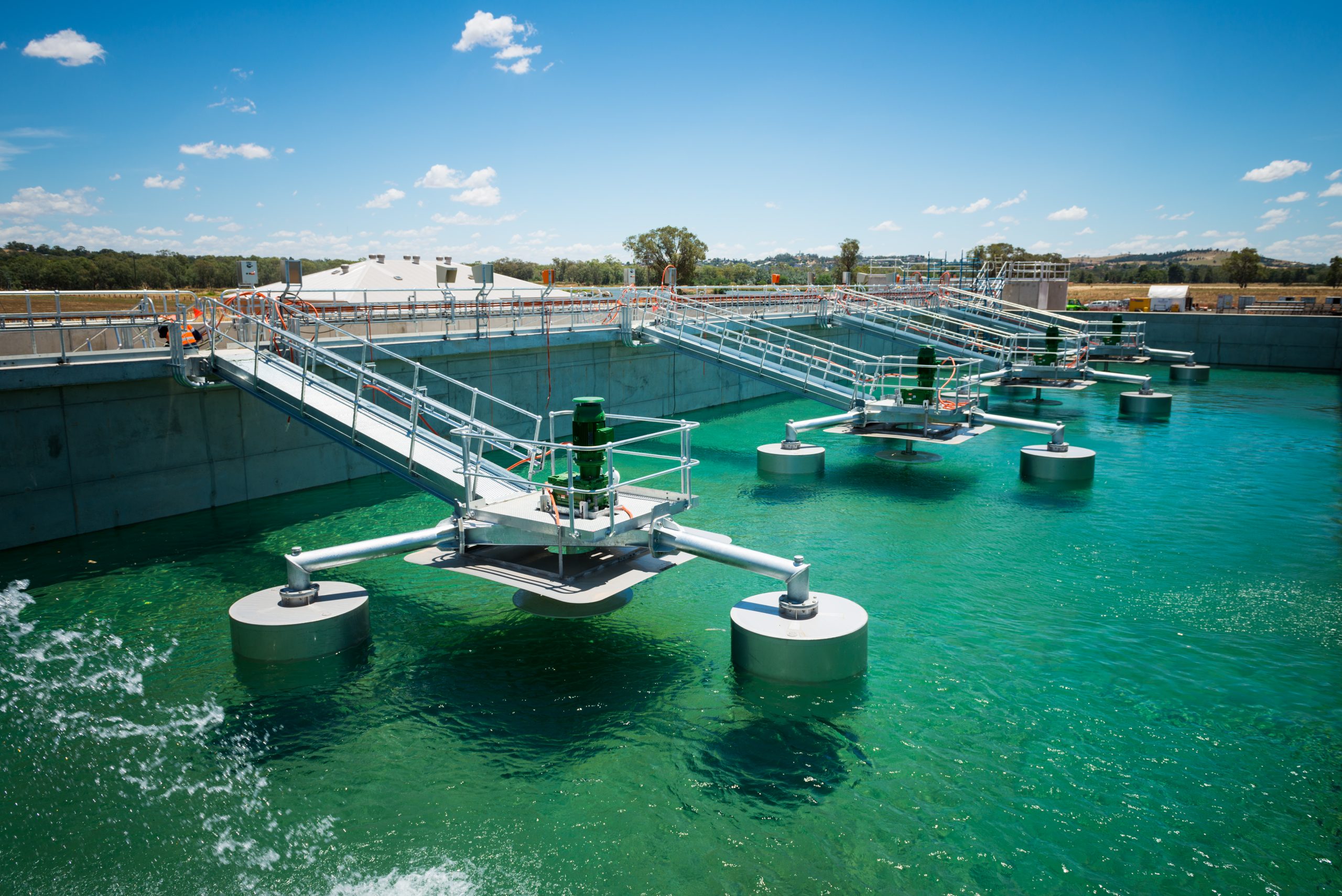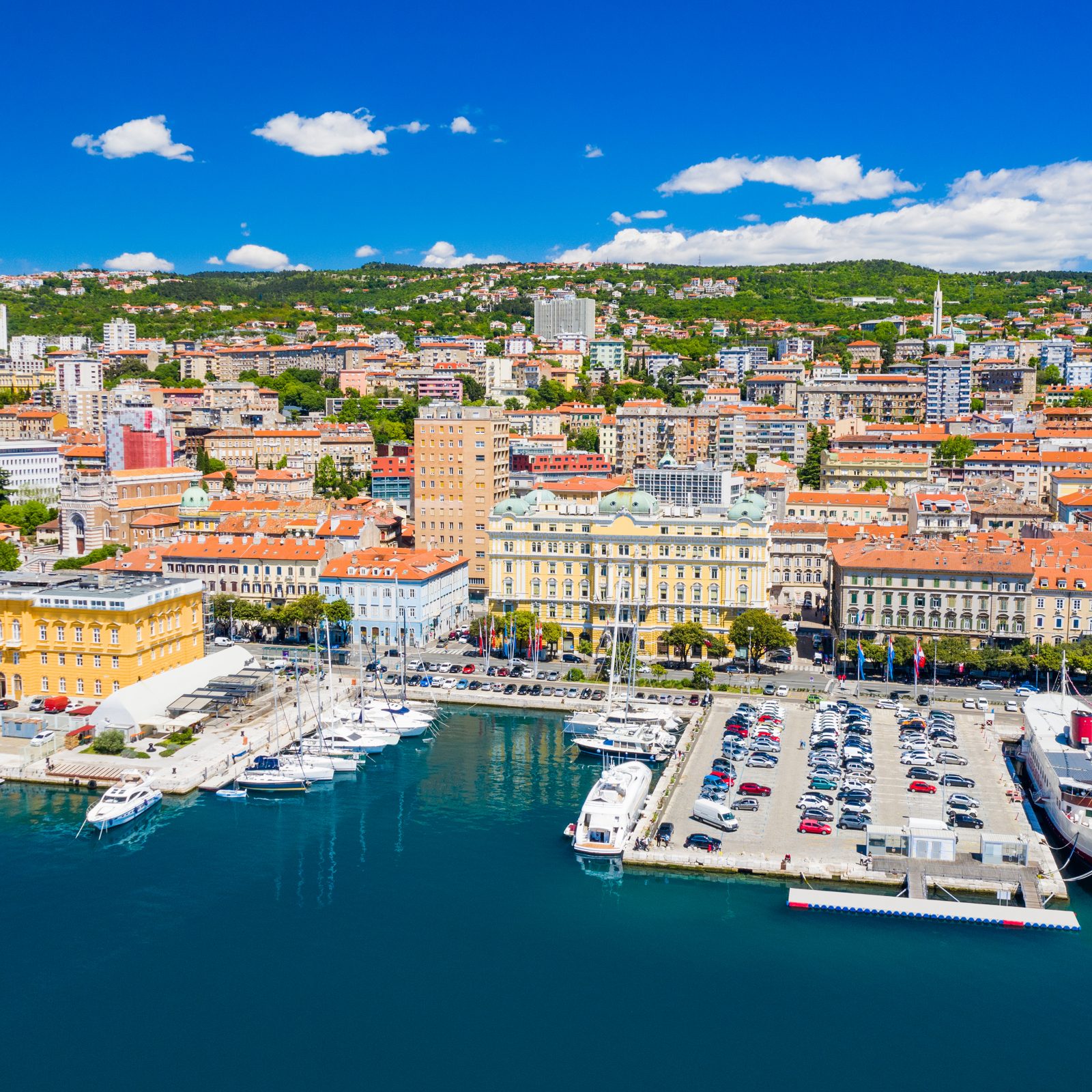Background
Cities in the EBRD regions face several pressing challenges, including insufficient infrastructure investment, demographic change, poor air quality, and historical legacies of high carbon intensity. Many cities in these regions are also particularly vulnerable to the impacts of climate change and ensuing increases in heat stress and extreme weather events.
To address these challenges, the EBRD Green Cities programme was launched in 2016, with the aim of building a better and more sustainable future for cities and their residents. With over EUR 1.5 billion in funding, the programme builds on the EBRD’s proven track record in helping cities identify, prioritise and connect urban environmental challenges with sustainable investments and policies.












